BAD OEYNHAUSEN, Germany: German patients with congenital or acquired heart disease are advised to submit a cardiological examination pass to their dentist prior to treatment to prevent possible endocarditis. According to a recent study, many dentists in the country do not follow the current guidelines of the German Cardiac Society, which recommend antibiotic therapy for high-risk patients before periodontal treatment.
Before 2007, this antibiotic prophylaxis was also recommended for patients with a relatively low risk. According to Prof. Cornelia Piper, a cardiologist and researcher at the Heart and Diabetes Center NRW in Bad Oeynhausen, the new guidelines have not so far helped to raise the awareness of dentists, particularly in terms of ways to prevent life-threatening inflammatory endocarditis. Instead, restricting precautionary measures to high-risk patients has led to fewer antibiotic therapies not only for moderate-risk patients but also for high-risk patients.
Endocarditis is inflammation of the inside lining of the heart chambers and valves. If left untreated, the disease is fatal. In Western Europe, endocarditis is rare in people with healthy hearts and it is treatable with antibiotics. However, people with congenital or acquired heart disease, especially those who have had a heart valve replacement, carry an increased risk of developing endocarditis.
“Periodontal treatment can become highly dangerous for these high-risk patients,” said Piper. “Owing to numerous dental procedures, Gram-positive bacteria from the gingival pockets can enter the bloodstream. The bacteria then tend to adhere to the heart valves and multiply, and endocarditis is the result.”
The guidelines of the German Cardiac Society recommend that high-risk patients undergo antibiotic therapy—a so-called endocarditis prophylaxis—before dental treatment. “Taken one hour before the periodontal treatment, the antibiotic ensures that only small amounts of bacteria at most can settle at the heart valves. Thus, the risk of inflammation of the lining is significantly reduced,” Piper explained.
“It has been shown that the safest means for patients is the use of the patient pass, which should contain appropriate guidance and be presented to the treating dentist,” added Piper. “It is also under consideration whether an antibiotic prophylaxis is recommendable for patients with a moderate risk for endocarditis. However, at the moment, there is no sufficient data for this.”
LONDON, UK: Earlier this year, researchers from the University of Sheffield confirmed that dental patients at high risk of infective endocarditis (IE) ...
SHEFFIELD, UK: Infective endocarditis (IE) is a potentially life-threatening heart infection that is caused by dental bacteria in around a third of cases. A...
STOCKHOLM, Sweden: Ten years ago, Sweden did away with the recommendation of administering antibiotics prophylactically for patients deemed at risk of ...
DUBLIN, Ireland: Oral bacteria that escape into the bloodstream are able to cause blood clots and trigger life-threatening endocarditis, researchers from ...
DALLAS, US: Government survey data from 2019 shows that approximately 29 million Americans see a dentist annually but not another medical professional, ...
BERLIN, Germany: More and more young dentists in Germany would rather work within a practice than be self-employed. According to the German Dental ...
OFFENBACH, Germany: Tooth extraction is part of the day-to-day business in a dental practice. However, last year, Dr Max Lukas was fairly stunned when he ...
HAMILTON, Ontario, Canada: The link between periodontitis and cardiovascular disease is well established. However, most research in this area concerns older...
CHICAGO, U.S.: An interaction between diabetes and oral health has been investigated by numerous studies, and according to U.S. researchers, a link between...
OSLO, Norway: The widespread availability of vaccines in developed nations has significantly changed the risk of dentists contracting SARS-CoV-2 in a ...
Live webinar
Tue. 24 February 2026
1:00 pm EST (New York)
Prof. Dr. Markus B. Hürzeler
Live webinar
Tue. 24 February 2026
3:00 pm EST (New York)
Prof. Dr. Marcel A. Wainwright DDS, PhD
Live webinar
Wed. 25 February 2026
11:00 am EST (New York)
Prof. Dr. Daniel Edelhoff
Live webinar
Wed. 25 February 2026
1:00 pm EST (New York)
Live webinar
Wed. 25 February 2026
8:00 pm EST (New York)
Live webinar
Tue. 3 March 2026
11:00 am EST (New York)
Dr. Omar Lugo Cirujano Maxilofacial
Live webinar
Tue. 3 March 2026
8:00 pm EST (New York)
Dr. Vasiliki Maseli DDS, MS, EdM



 Austria / Österreich
Austria / Österreich
 Bosnia and Herzegovina / Босна и Херцеговина
Bosnia and Herzegovina / Босна и Херцеговина
 Bulgaria / България
Bulgaria / България
 Croatia / Hrvatska
Croatia / Hrvatska
 Czech Republic & Slovakia / Česká republika & Slovensko
Czech Republic & Slovakia / Česká republika & Slovensko
 France / France
France / France
 Germany / Deutschland
Germany / Deutschland
 Greece / ΕΛΛΑΔΑ
Greece / ΕΛΛΑΔΑ
 Hungary / Hungary
Hungary / Hungary
 Italy / Italia
Italy / Italia
 Netherlands / Nederland
Netherlands / Nederland
 Nordic / Nordic
Nordic / Nordic
 Poland / Polska
Poland / Polska
 Portugal / Portugal
Portugal / Portugal
 Romania & Moldova / România & Moldova
Romania & Moldova / România & Moldova
 Slovenia / Slovenija
Slovenia / Slovenija
 Serbia & Montenegro / Србија и Црна Гора
Serbia & Montenegro / Србија и Црна Гора
 Spain / España
Spain / España
 Switzerland / Schweiz
Switzerland / Schweiz
 Turkey / Türkiye
Turkey / Türkiye
 UK & Ireland / UK & Ireland
UK & Ireland / UK & Ireland
 Brazil / Brasil
Brazil / Brasil
 Canada / Canada
Canada / Canada
 Latin America / Latinoamérica
Latin America / Latinoamérica
 USA / USA
USA / USA
 China / 中国
China / 中国
 India / भारत गणराज्य
India / भारत गणराज्य
 Pakistan / Pākistān
Pakistan / Pākistān
 Vietnam / Việt Nam
Vietnam / Việt Nam
 ASEAN / ASEAN
ASEAN / ASEAN
 Israel / מְדִינַת יִשְׂרָאֵל
Israel / מְדִינַת יִשְׂרָאֵל
 Algeria, Morocco & Tunisia / الجزائر والمغرب وتونس
Algeria, Morocco & Tunisia / الجزائر والمغرب وتونس
 Middle East / Middle East
Middle East / Middle East





















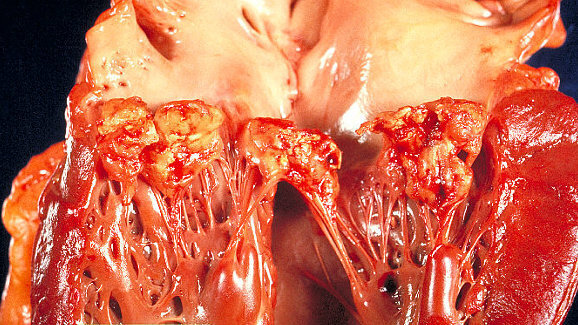





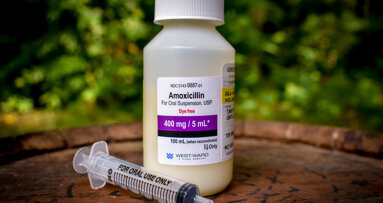
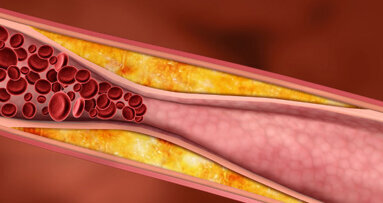


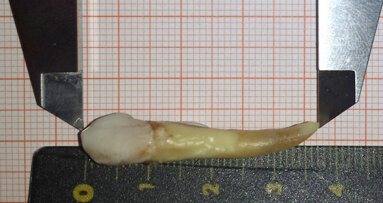

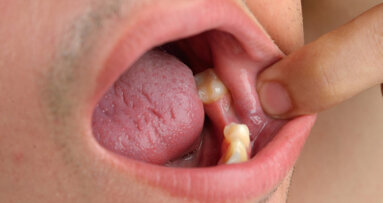
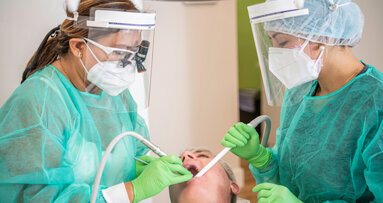









To post a reply please login or register